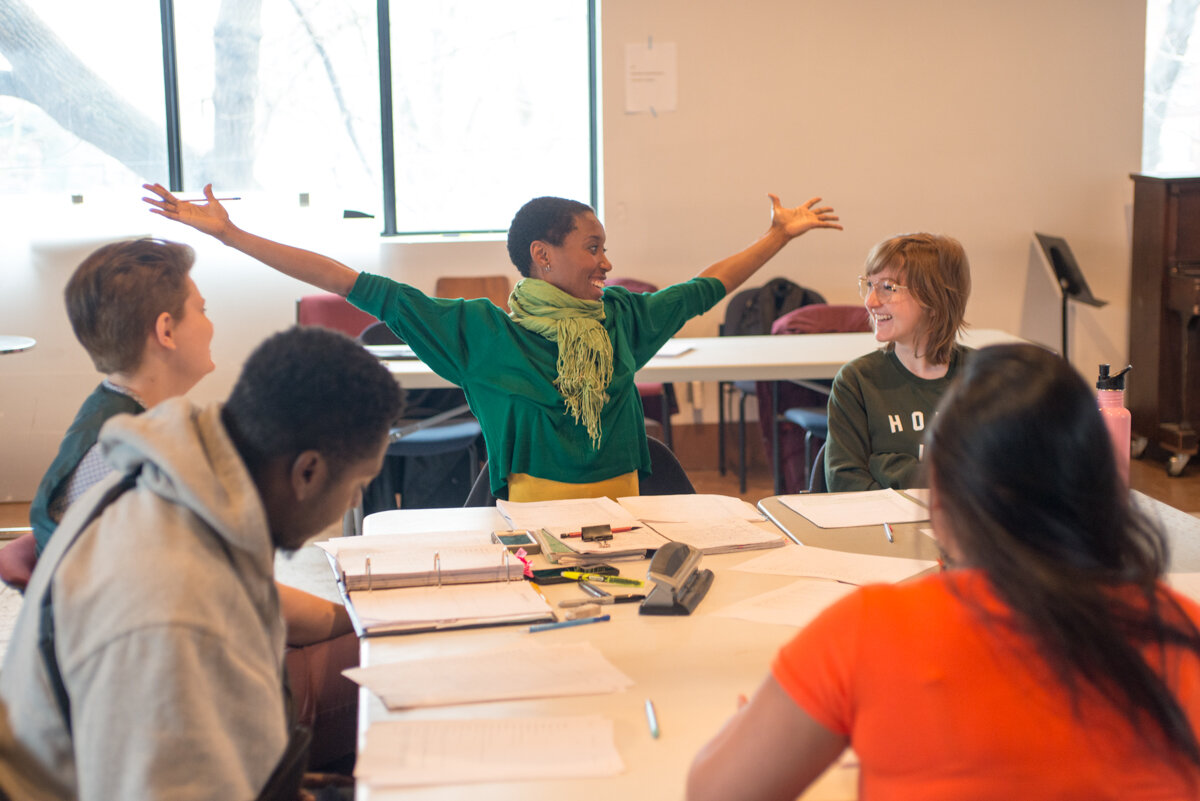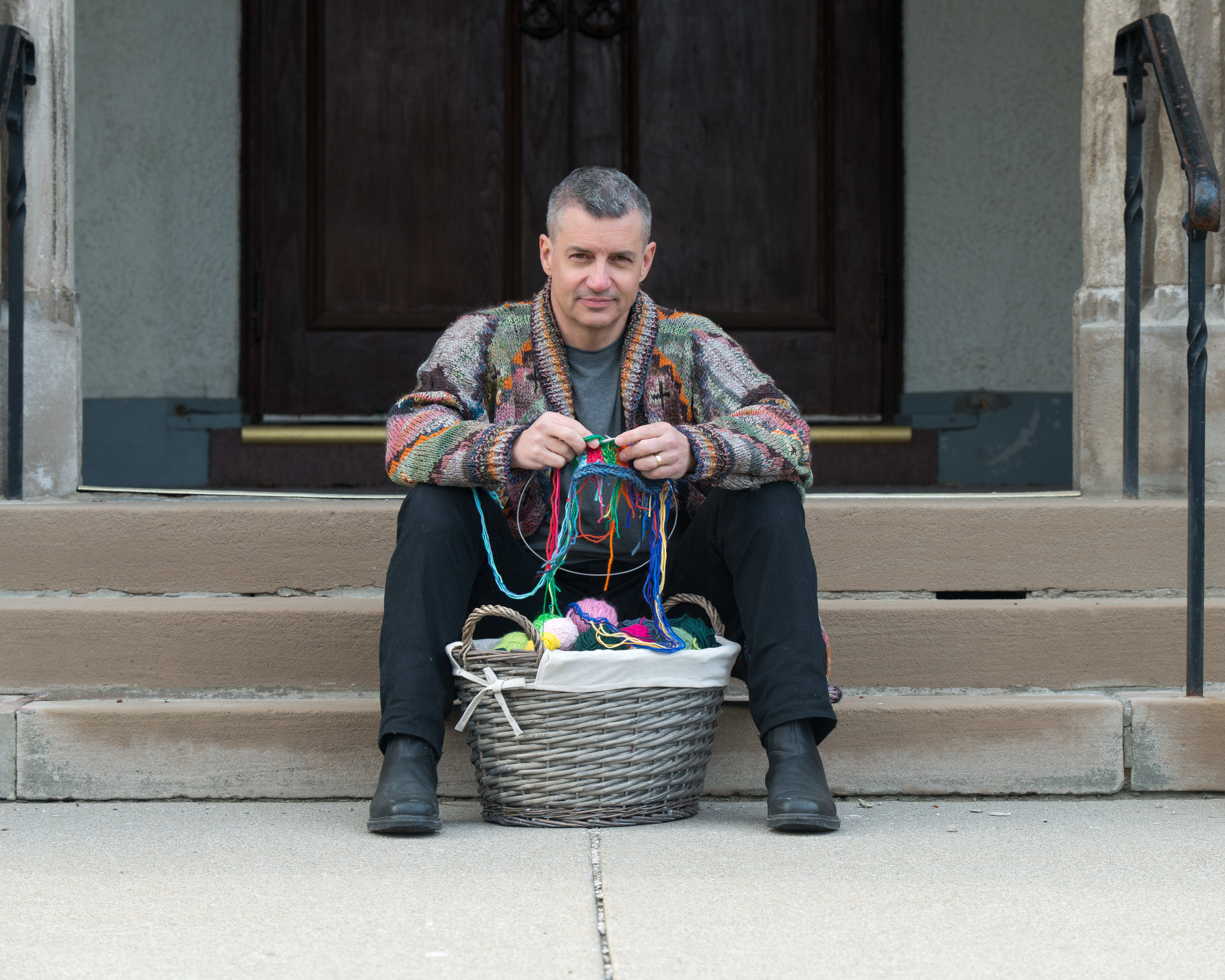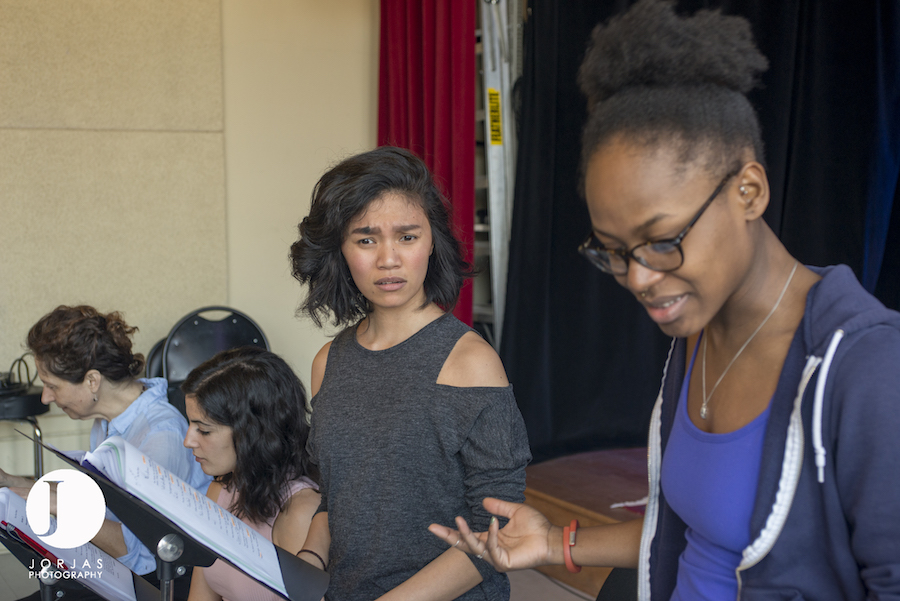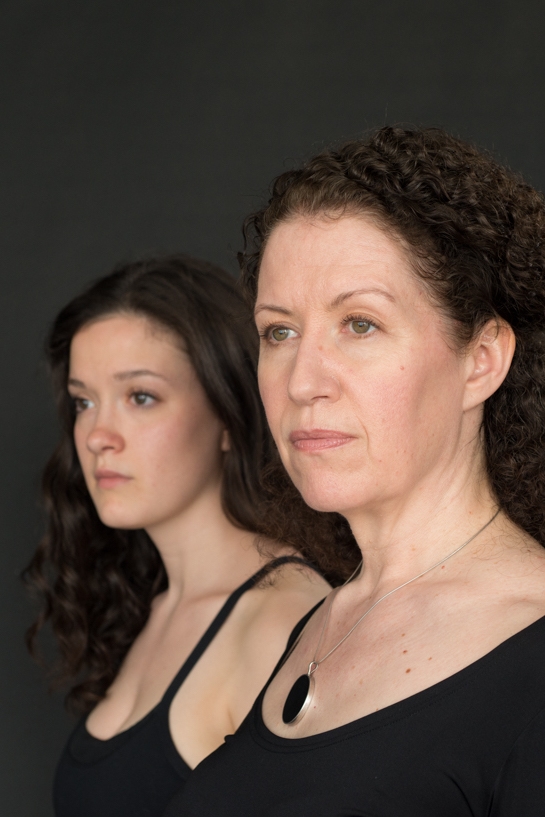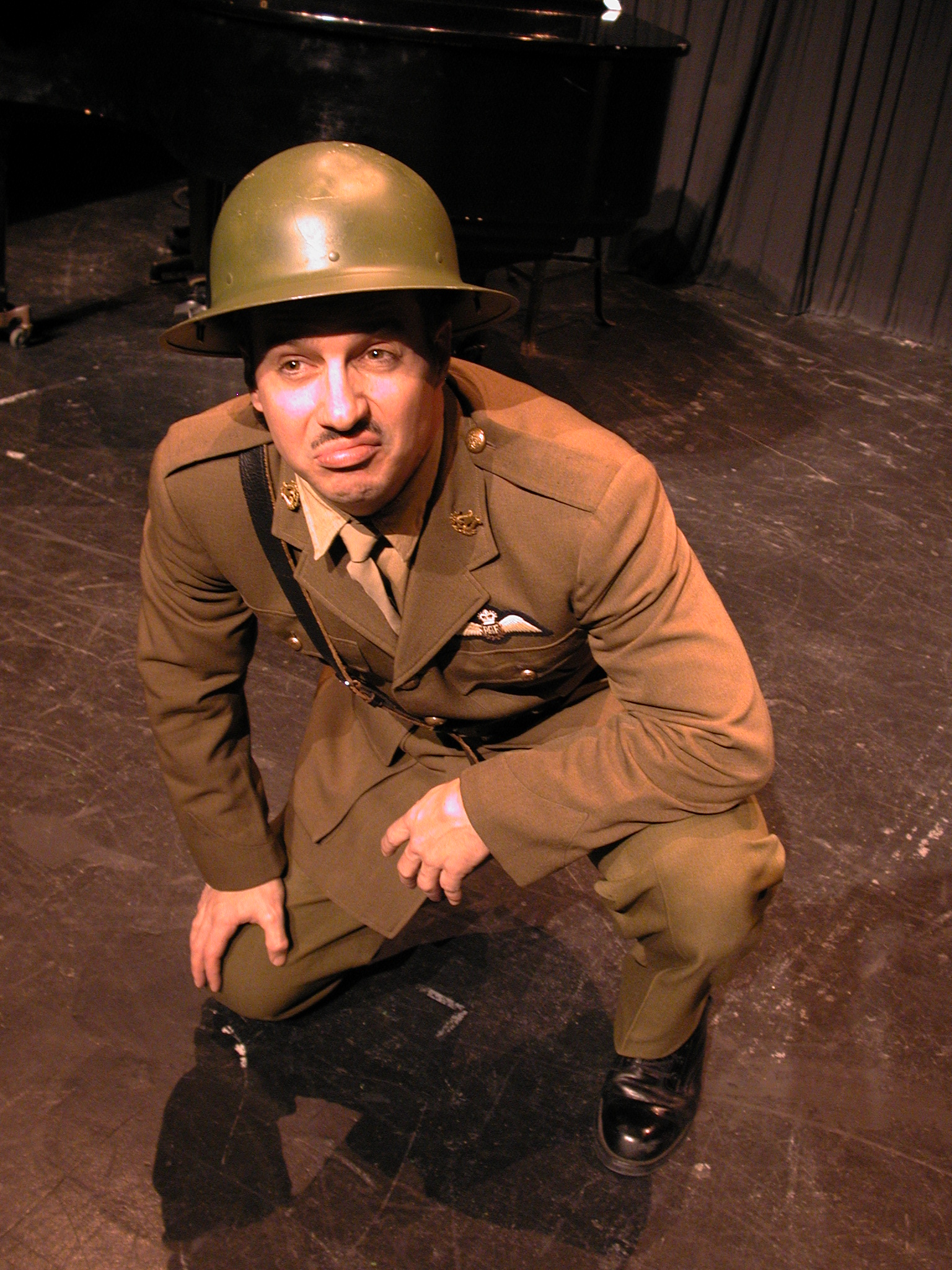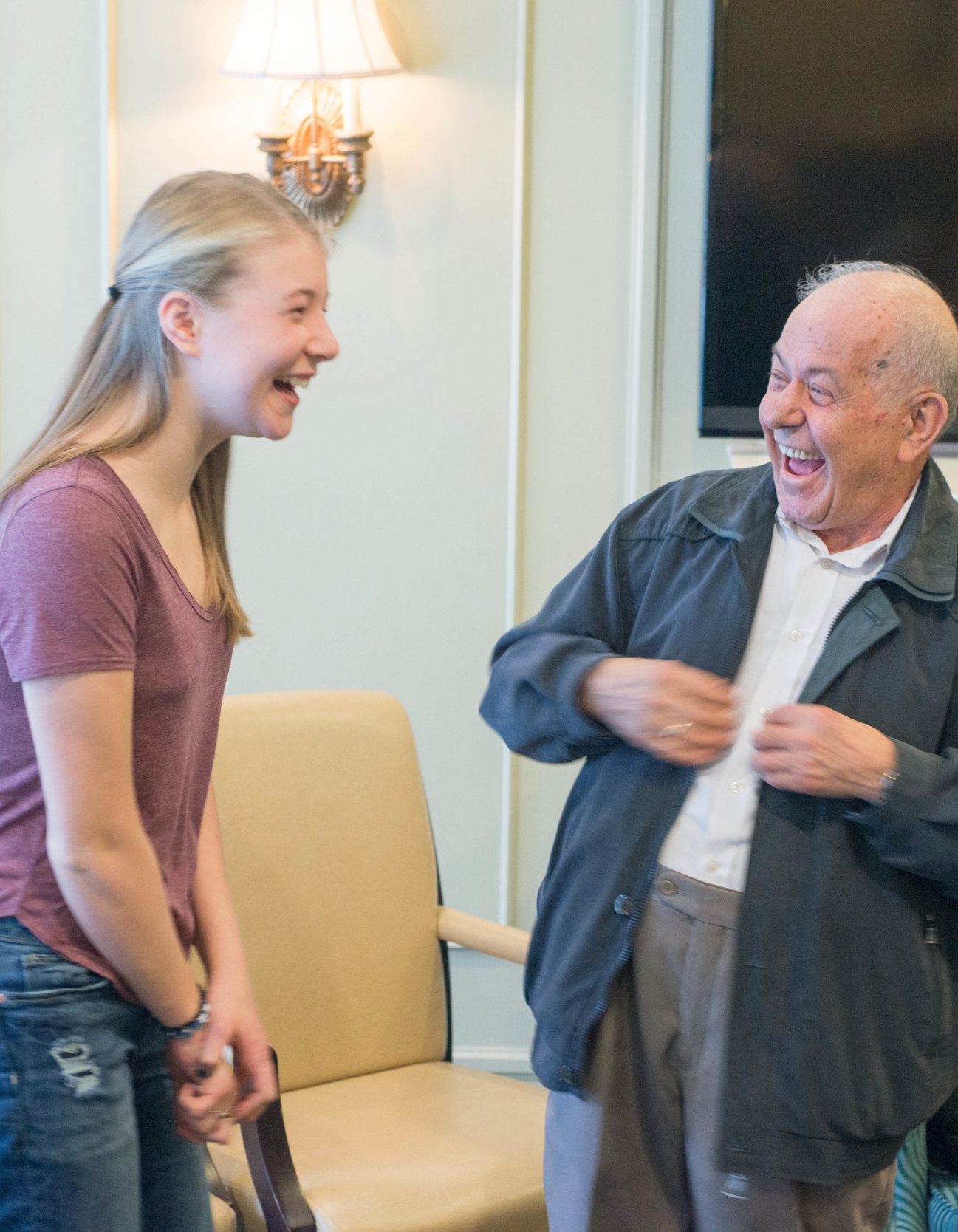Taking My Baby to the Doctor (ahem) Dramaturge
By Shelley M. Hobbs
A play is created between the ears of a human being with a vivid imagination and possibly marginal social skills. The original impetus for the story could be from anything, anyone, anywhere. But these transcribed imaginary conversations are only the beginning. It’s not theatre if it resides only in your head. It’s not theatre if only you see and hear it.
It is my baby, with a gestation period longer than several elephants.
The Ergo Pink Fest provides a rare opportunity for the lonely playwright (not to be confused with the Lonely Goatherd, although if one wishes to yodel in the privacy of ones’ own garret, that’s fine!). A history play is usually the result of years of research and refinement, nay obsession. What slang did they use for sex in polite circles, impolite ones? When did women start wearing pants? Would it be odd for a woman to have a driver’s licence at that time? And dear god, what about the food they’d eat? Converting all those facts into a play that doesn’t drone, losing the plot line in the thicket of minutiae, is a challenge. What works? What doesn’t? What will make the story true and compelling to an audience? What will keep them awake and paying attention? Does it even make sense any more?
The first step for a Pink Fest writer is a meeting with a dramaturge. I was privileged to be assigned to Beverley Cooper. Being a playwright herself, she was able to ask the questions about plot and character that I could not raise myself. I was too immersed in the world of Bea and Miri, I had no way to see the clangers (Why is she saying that? It makes no sense.) and voids (What do you mean, the audience won’t figure that out?) on my own. The dramaturge reads your script with fresh eyes with the purpose of making it better. Being kind but firm, as Beverley was, the play is reviewed for consistency in voice, linkages, transitions, even basic structure. It is vital that there be some basic compatibility between the writer and the dramaturge – one hopes the latter at least likes the play!
Sometimes dramaturgy is akin to CPR and sometimes it is more of a problem solving. If you’re lucky, the dramaturge does not say: “You might want to change the entire premise, maybe start at a different place, maybe move some scenes around, maybe take up knitting instead.” Meeting with your dramaturge leads to rewrites. But these are welcome rewrites rather than the sweaty “everything I write is dreck!” kind. These reworkings are exciting because you can feel yourself smoothing the sculpture, taking out distractions, clarifying the movement from here to there, click-click-click.
It is the writer who has the responsibility of deciding what to do with the dramaturge’s suggestions. If it doesn’t work for the writer, they are not mandated to change it just because the dramaturge said so. As with all theatre, this is a team sport. The dramaturge can set you up with a beauty pass, but you must take the shot at the net yourself. The best part of the conversation between a writer and a dramaturge is that you both want the same thing, and you both believe it is possible to achieve.
I am profoundly grateful for the chance to work with Beverley.
To the keyboard!
Next Step: The Read. By Actual Actors.



